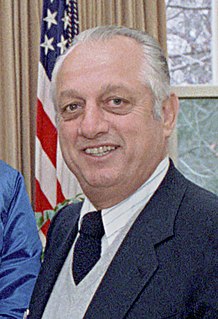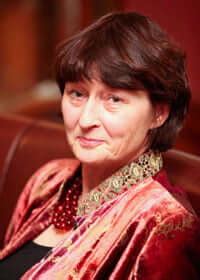A Quote by Margaret Atwood
I was once a graduate student in Victorian literature, and I believe as the Victorian novelists did, that a novel isn't simply a vehicle for private expression, but that it also exists for social examination. I firmly believe this.
Related Quotes
I'm completely uninterested in the origins of Stonehenge. I don't care about the real story behind it or whether it should be saved or not. What I'm interested in is this: in the Victorian era, you could go there as an early cultural tourist and you were given a chisel to chip off a bit of the stones and take it with you. That's what you did in Victorian times.
Period films to me are very often alienating to the audience. There's very often a formality. A staunchy quality to them that comes from the misenscene. It also comes from the performances of the actors, because they're acting Victorian which really means that they're just acting the way they've seen previous actors act Victorian.




































